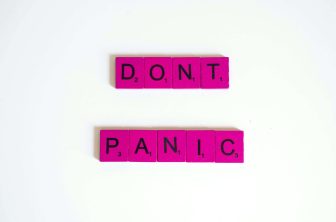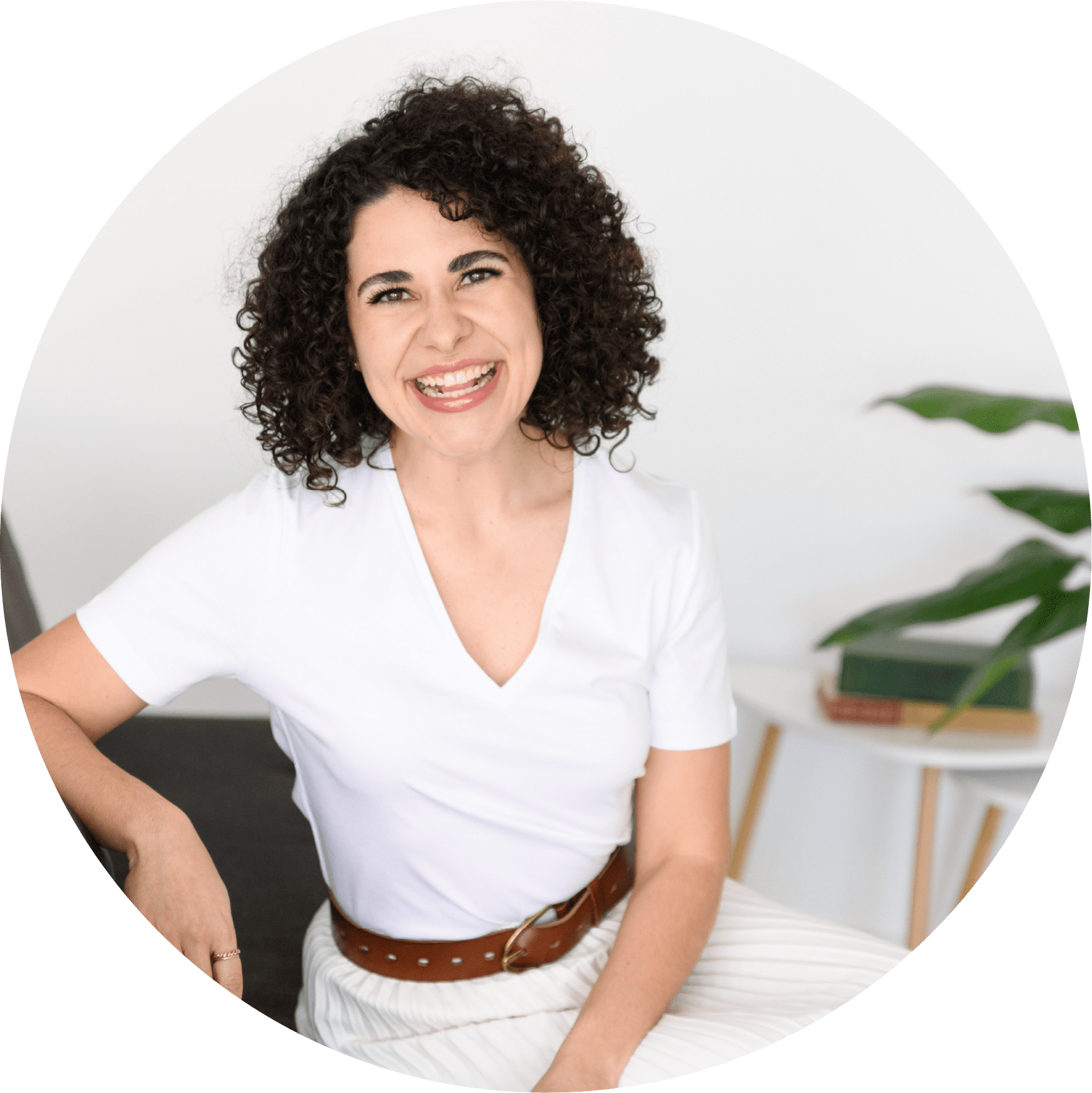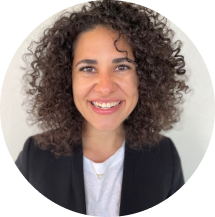5 different types of meditations to try!
You are in the right place if you are wanting to learn about different types of meditations.. Meditation can be a helpful tool but it is only as helpful as your ability to put it into practice and remain consistent. Today, we are going to dive into 5 different types of meditation and when they can be used, but first:
What is meditation?
Meditation is a tool that involves focusing the mind using different combinations of techniques.
When you are meditating you are taking an action. Meditation is a conscious decision to be guided in or to guide yourself through a series of intentional exercises to achieve a specific purpose. That purpose can range from calming yourself to spiritual connection. Let’s take a look at 5 different meditation practices and when they might be useful.
Visualization Meditation
These meditations encourage participants to create a mental image to assist them. Example: Creating images of thoughts floating away like colorful bubbles then popping.
When to use: These exercises are helpful when you are in a stable and calm state that allows you to practice visualizing and then practicing these exercises when you need them.
Movement Meditation
These practices incorporate moving your body. Examples of these meditations are yoga, mindful walking, etc.
When to use: These practices can be great for when you are feeling anxious and fidgety as it gives your mind and body a place to channel that energy in a focused way that can lead to calm.
Guided Meditation
These practices are usually led by others but arguably self-guided meditations would fit in this category as well. Guided practices can be done through video, audio and in-person.
When to use: These practices are a great place to start if you are new as they allow you to try out different types of meditations and you can specify the length of time you are wanting to spend.
Loving-Kindness Meditation
These meditations focus on compassion towards oneself and others.
When to use: These exercises are great for all humans but can be particularly helpful for those that have a strong inner critic, that voice that comes in and judges your worth, choices and who you are, without kindness.
Mantra Meditation
These practices are centered around a mantra, a word or phrase, set as a theme for the practice which is often repeated several times. Example: “Even though I feel anxiety, I fully accept myself.”
When to use: These can be helpful for those who have experienced trauma and need to feel grounded, brought back to the present, as the repetitiveness of this practice provides safety and comfort.
I hope this gives you a better idea of how you can further your meditation journey. If it’s a good fit, give a couple of these types of meditation a try and see what calls to you.
I look forward to hearing from you and hope this helps you as you take your own powerful and transformative journey. Per usual take what fits for you, leave what does not, and join me next time. Until then let’s stay social 🙂















